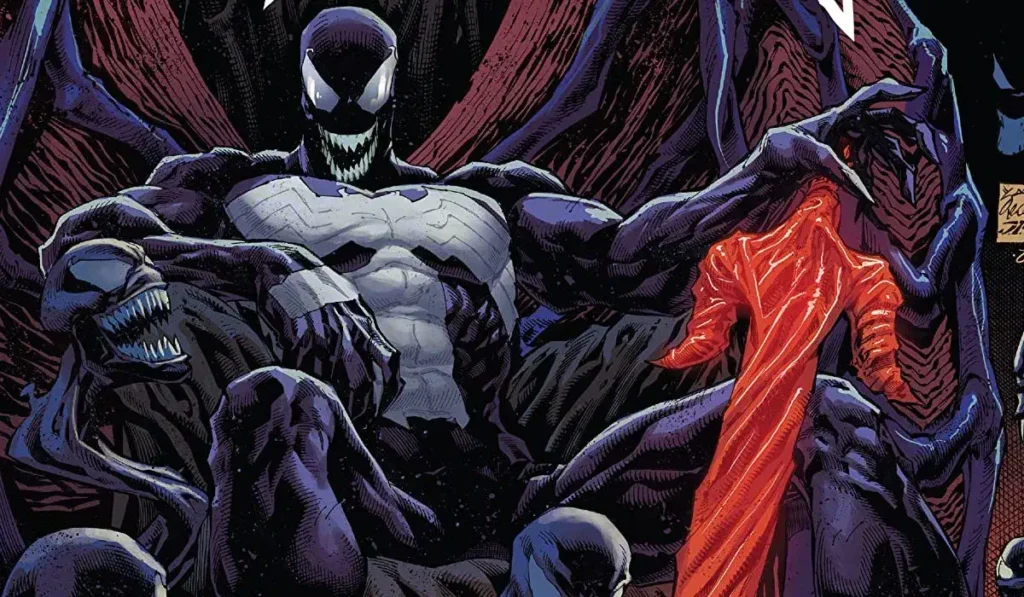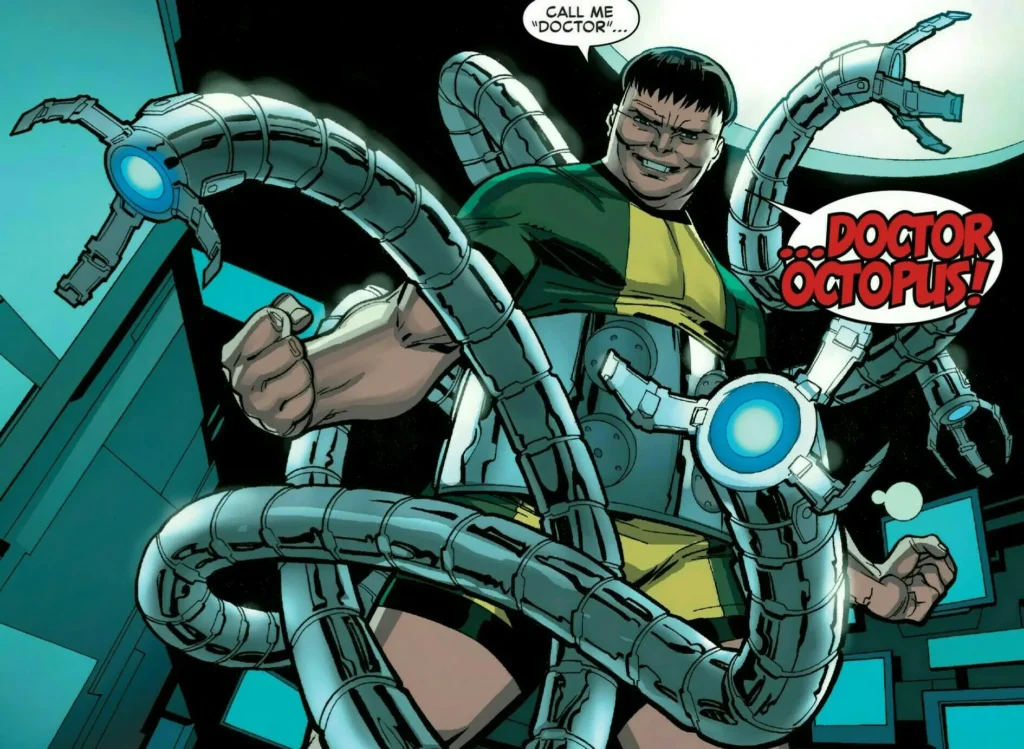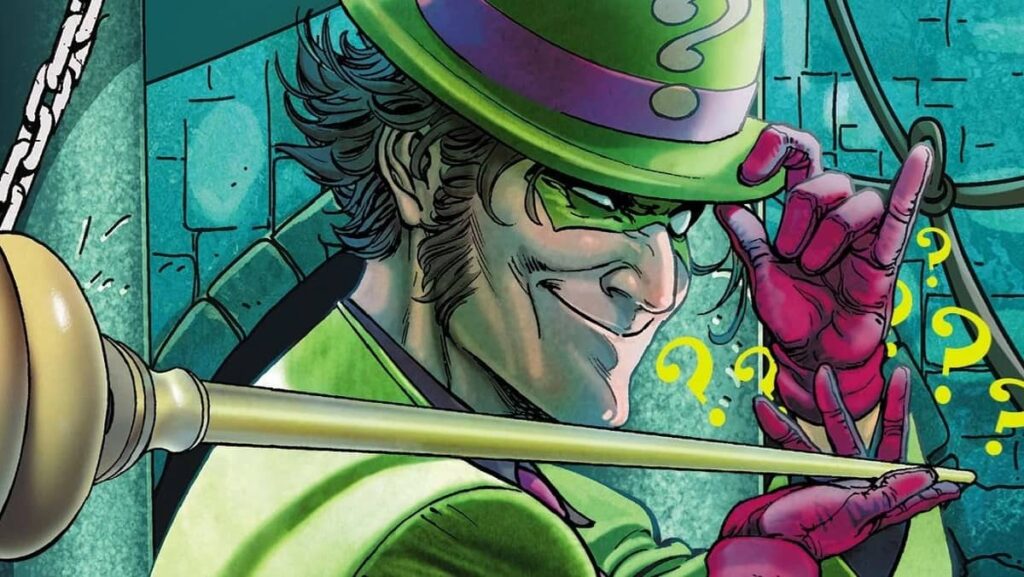Introduction: Understanding the Psychology of Supervillains in Comics
Supervillains are some of the most captivating and intriguing characters in comics, and their psychology is a fascinating subject to explore. These characters often have complex backstories, motivations, and personality traits that make them unique and memorable. In this article, we will take a closer look at the psychology of several prominent supervillains in comics and explore what makes them tick.
The Joker: Antisocial Personality Disorder and Chaos

One of the most iconic and recognizable supervillains in comics is the Joker. This character is known for his chaotic nature and his love of causing destruction and chaos. According to a psychological study by forensic psychologist, Dr. Jonathan Fast, the Joker’s behavior can be attributed to Antisocial Personality Disorder (ASPD). ASPD is characterized by a disregard for the law, a lack of empathy, and a willingness to manipulate and exploit others. Individuals with ASPD may also have a history of criminal behavior and may struggle with impulse control. This can further influence the Joker’s decision to cause destruction and chaos, as he lacks empathy and has a disregard for the consequences of his actions. Additionally, his impulsivity can make him more dangerous and unpredictable, as he may act without thinking. However, his lack of empathy and disregard for consequences can also make him more vulnerable, as he may not fully understand the consequences of his actions.
Lex Luthor: Narcissistic Personality Disorder and Power

Another notable supervillain is Lex Luthor. This character is known for his intelligence, ambition, and desire for power. A psychological study by clinical psychologist, Dr. Travis Langley, suggests that Lex Luthor’s behavior can be attributed to Narcissistic Personality Disorder (NPD). NPD is characterized by an inflated sense of self-importance, a lack of empathy, and a need for admiration. Individuals with NPD may also have a sense of entitlement and may struggle with feelings of inferiority. This can further influence Lex Luthor’s decision to seek power and control, as he has an inflated sense of self-importance and a need for admiration. Additionally, his intelligence and ambition can make him a formidable opponent, as he is able to use his intellect and resources to achieve his goals. However, his lack of empathy and sense of entitlement can also make him more vulnerable, as he may not fully understand the perspectives or needs of others and may not be able to form meaningful relationships.
Venom: Borderline Personality Disorder and Revenge

Another iconic supervillain is Venom. This character is known for his desire for revenge and his violent tendencies. A psychological study by clinical psychologist, Dr. Travis Langley, suggests that Venom’s behavior can be attributed to Borderline Personality Disorder (BPD). BPD is characterized by intense and unstable emotions, a tendency to idealize and then devalue others, and an inability to control one’s impulses. Individuals with BPD may also have a fear of abandonment and may struggle with self-worth. This can further influence Venom’s decision to seek revenge, as he may idealize and then devalue those who have wronged him, leading to intense emotions and impulsivity. Additionally, his violent tendencies can make him a powerful and dangerous opponent, but his unstable emotions and fear of abandonment can also make him more vulnerable and susceptible to manipulation.
Doctor Octopus: Histrionic Personality Disorder and Ambition

One of the most complex and intriguing supervillains in comics is Doctor Octopus. This character is known for his intelligence, ambition, and desire for power. A psychological study by clinical psychologist, Dr. Travis Langley, suggests that Doctor Octopus’s behavior can be attributed to Histrionic Personality Disorder (HPD). HPD is characterized by an excessive need for attention, a lack of empathy, and a tendency to manipulate others. Individuals with HPD may also have a desire for constant stimulation and may struggle with self-esteem. This can further influence Doctor Octopus’s decision to use his intelligence and resources to achieve his goals, as he has an excessive need for attention and a tendency to manipulate others. Additionally, his intelligence and ambition can make him a formidable opponent, but his lack of empathy and need for constant stimulation can also make him more vulnerable to manipulation and emotional manipulation.
The Green Goblin: Histrionic and Narcissistic Personality Disorder and Power

A psychological study by clinical psychologist, Dr. Travis Langley, suggests that Green Goblin’s behavior can be attributed to Histrionic Personality Disorder (HPD) and Narcissistic Personality Disorder (NPD). HPD is characterized by an excessive need for attention, a lack of empathy, and a tendency to manipulate others, NPD is characterized by an inflated sense of self-importance, a lack of empathy, and a need for admiration. These disorders can further influence Green Goblin’s decision to use his intelligence, wealth, and influence to achieve his goals, as he has an excessive need for attention, a lack of empathy and a need for admiration. Additionally, his intelligence, business savvy and obsession for power and control can make him a formidable opponent, but his lack of empathy and need for constant stimulation can also make him more vulnerable to manipulation and emotional manipulation.
The Riddler: The Puzzle of a Genius Mind with Obsessive-Compulsive Disorder

A psychological study by clinical psychologist, Dr. Travis Langley, suggests that Riddler’s behavior can be attributed to Obsessive-Compulsive Disorder (OCD). OCD is characterized by persistent and recurring thoughts, feelings, or impulses that drive the individual to perform repetitive behaviors or mental acts. Individuals with OCD may also struggle with an intense need for symmetry and order, as well as a fear of uncertainty. This can further influence Riddler’s decision to leave behind complex clues and puzzles for his enemies to solve, as he is driven by an intense need for symmetry and order, as well as a fear of uncertainty. Additionally, his intelligence and ability to outsmart his enemies can make him a formidable opponent, but his obsession with puzzles and riddles can also make him more vulnerable to manipulation.
Conclusion: The Complex and Fascinating Psychology of Supervillains
The psychology of supervillains is a complex and fascinating subject to explore. Understanding the motivations, personality traits, and behaviors of these characters can give us a deeper understanding of the comics they appear in, and the impact they have on the industry. By analyzing the behavior of several prominent supervillains in comics and referencing studies about psychology, we can gain a better understanding of what makes these characters tick. Their disorders can also further influence their decisions, making them more powerful and dangerous but also more weak and vulnerable.











